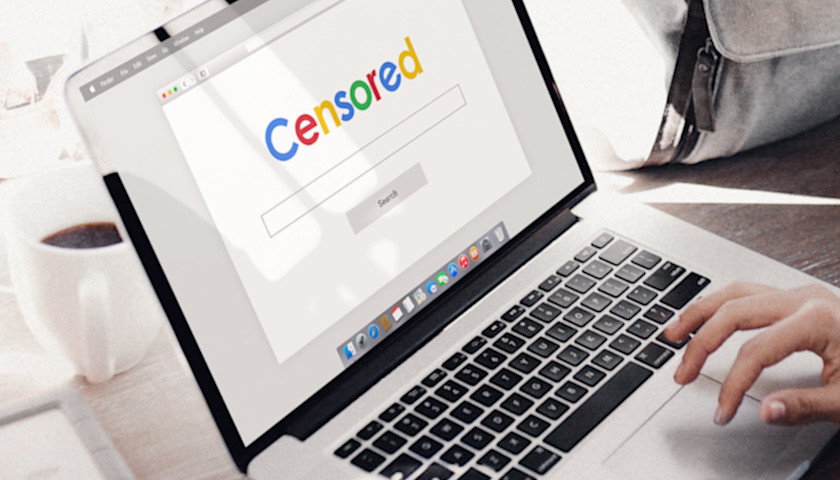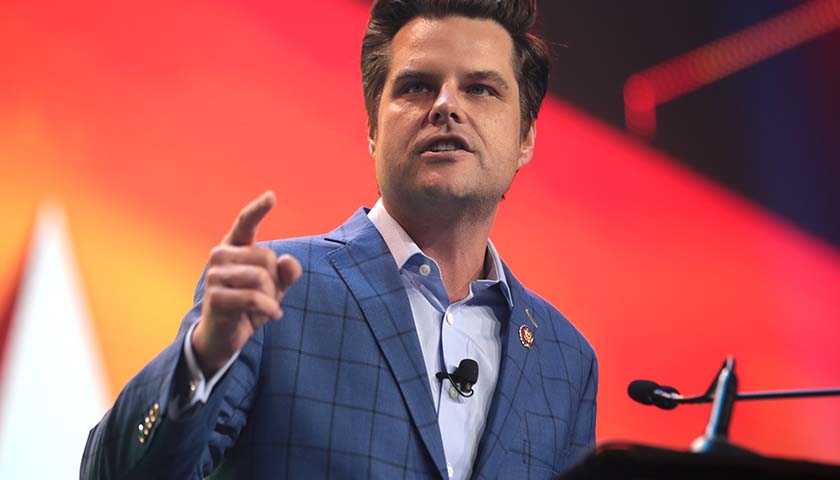by Chris White
Google and Facebook are reportedly considering a change to their political ad policies that would alter micro-targeting, a form of advertising that allows organizations to tailor advertisements for specific groups.
Google might change political ad policies related to what type of audiences ad buyers can target on the company’s platform, The Wall Street Journal reported Thursday, citing employees who are familiar with the matter. Facebook is reportedly considering a similar move.
 Facebook CEO Mark Zuckerberg is open to a similar measure that would limit the ability of candidates to target narrow groups of users, sources told NBC News on Tuesday. He has been dealing with media after he announced in October a plan to exempt politicians from fact-checkers.
Facebook CEO Mark Zuckerberg is open to a similar measure that would limit the ability of candidates to target narrow groups of users, sources told NBC News on Tuesday. He has been dealing with media after he announced in October a plan to exempt politicians from fact-checkers.
The reports came after Twitter announced Oct. 31 a plan to stop hosting political advertising by Nov. 22. Twitter CEO Jack Dorsey tweeted about the change and said it applies to candidate ads and issue ads as well.
Sen. Elizabeth Warren thrashed the decision after a report suggested climate activists were unable to spread policy messages on the platform.
“Twitter’s new ad policy will allow fossil fuel companies to buy ads defending themselves and spreading misleading info — but won’t allow organizations fighting the climate crisis to buy ads holding those companies accountable,” Warren, a Democrat, wrote on Twitter.
She included in her tweet a link to a report from Heated, a newsletter devoted to discussing climate issues. The report suggested Twitter is allowing ExxonMobil to run advertisements defending itself from a volley of climate lawsuits.
Other Democrats were more supportive of the move. Former Secretary of State Hillary Clinton, for instance, cheered Dorsey’s decision, writing in an Oct. 30 tweet that the policy prevents politicians from using the platform to spread lies and propaganda.
Clinton said Facebook’s decision not to fact-check President Donald Trump’s campaign ads could aid in the rise of misinformation across the social media sphere. “This is the right thing to do for democracy in America and all over the world,” she wrote in her tweet. “What say you, @Facebook?”
The Heated report did raise perplexing questions. For one: How does Twitter define a political issue ad, and how does the company intend on enforcing a policy targeting an issue ad once one has been spotted?
Neither Facebook nor Google have responded to the Daily Caller News Foundation’s request for comment.
– – –
Chris White is a reporter for the Daily Caller News Foundation.
Photo “Google Censorship” by Mike Mackenzie. CC BY 2.0.




